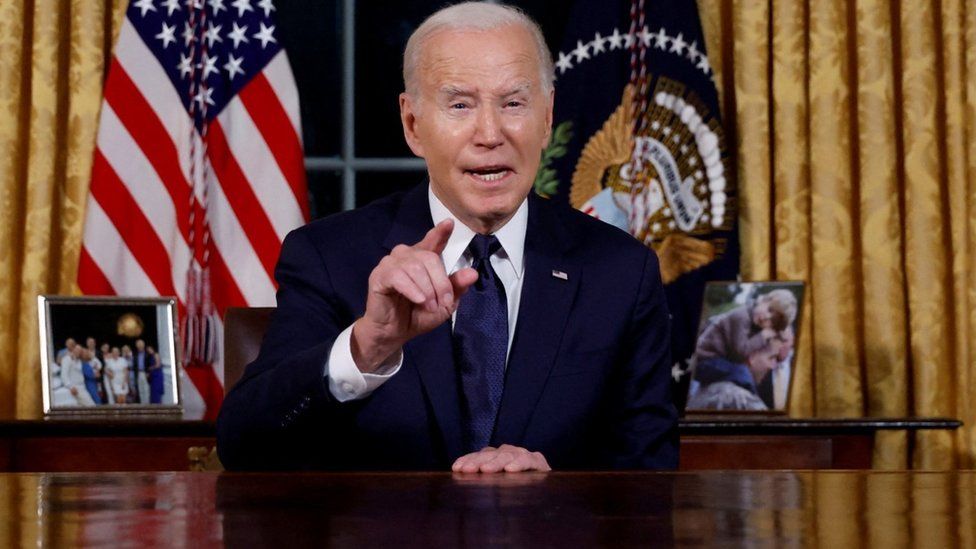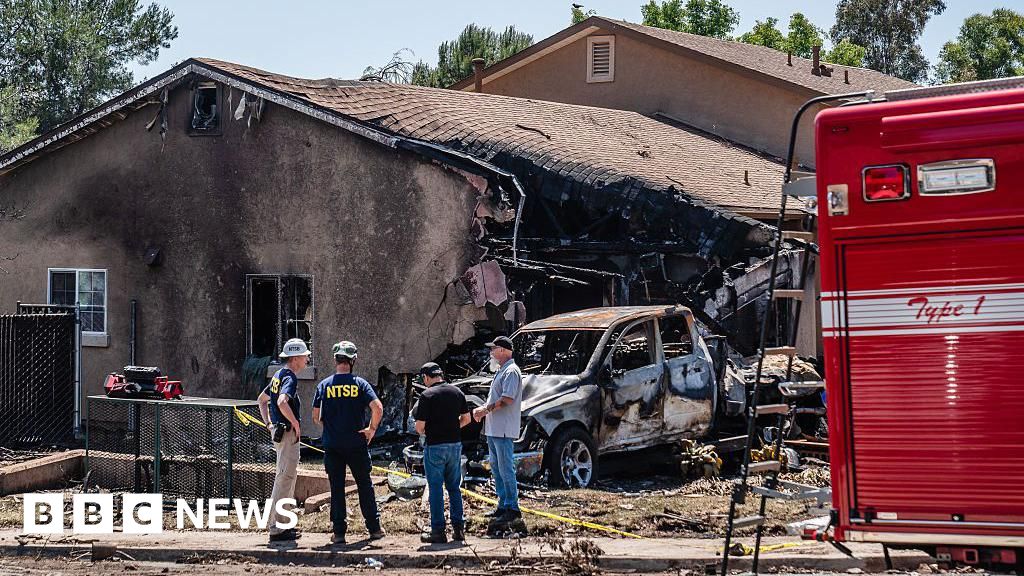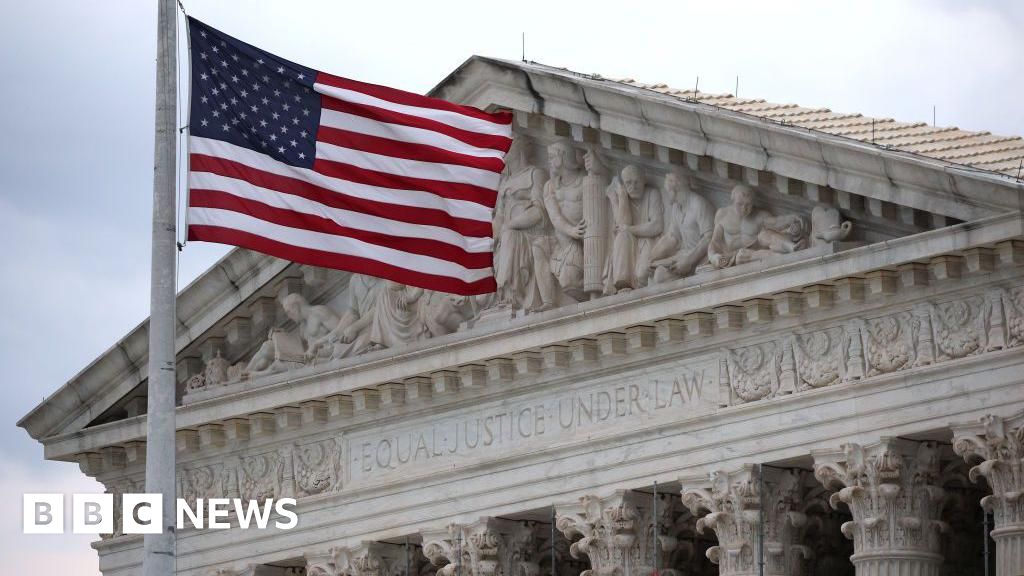ARTICLE AD BOX
 Image source, Reuters
Image source, Reuters
By Lyse Doucet
Chief international correspondent
The death of three US servicemen, and injuring of many others, now ratchets up the pressure on the US commander-in-chief, President Joe Biden. This marks the first time American troops have been killed by enemy fire since the Israel-Gaza war erupted.
This sharp escalation seemed to have been all but inevitable. Since mid-October, US military installations in Iraq and Syria have repeatedly come under attack by Iran-backed militias, injuring a growing number of US soldiers. The US has repeatedly retaliated by striking targets in both countries.
But this time, the US will need to consider whether to hold Iran itself responsible. It's an option, and an escalation, fraught with significant risk.
"We will hold all those responsible to account at a time and in a manner of our choosing," was the US president's vague first warning.
The US knows it now needs to be seen to do more to protect the lives of its servicemen and women. The president's critics will exploit this crisis to accuse him again of being "soft on Iran". But his presidency has been about fighting faraway wars with clear red lines to avoid dragging Americans into a much costlier engagement.
Both Washington and Tehran, long locked in animosity, have carefully avoided direct confrontation in this current conflagration.
Iran, also under pressure at home, has held back from its own strikes on Israeli or American sites in retaliation for the assassination of its senior Revolutionary Guard commanders, which it blames on Israel. Earlier this month, in its first direct reply, it focused its fire on what was regarded as a "soft target" when it hit what it called a base of Israel's Mossad agency in Iraqi Kurdistan.
The US, backed by the UK and others, already finds itself leading the campaign against Yemen's Houthis, but that hasn't stopped the attacks on vessels in the vital Red Sea shipping lane. Now it must confront other Iran-backed groups in a way which defends America's interests but doesn't set this volatile region on another dangerous spiral.

 1 year ago
34
1 year ago
34









 English (US) ·
English (US) ·